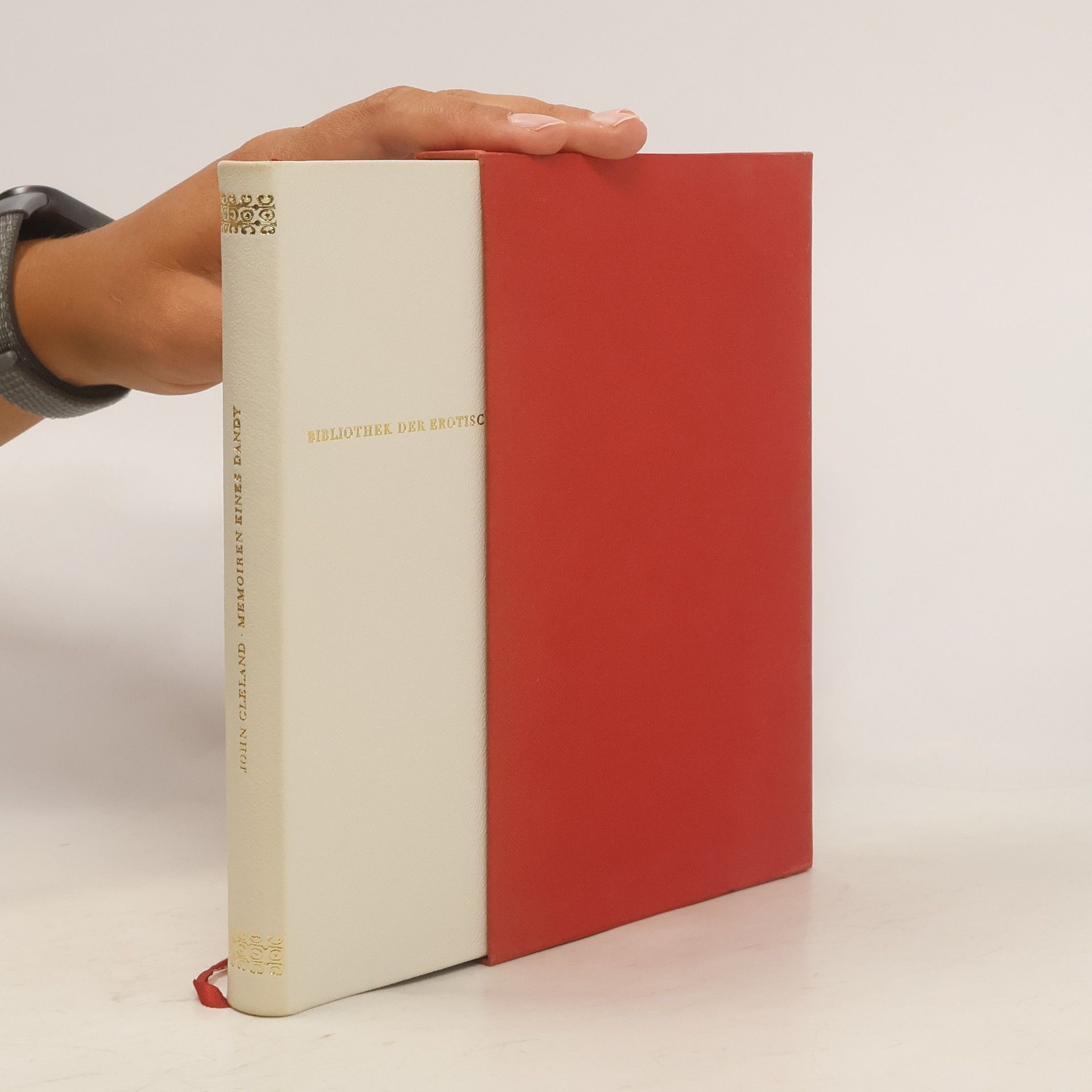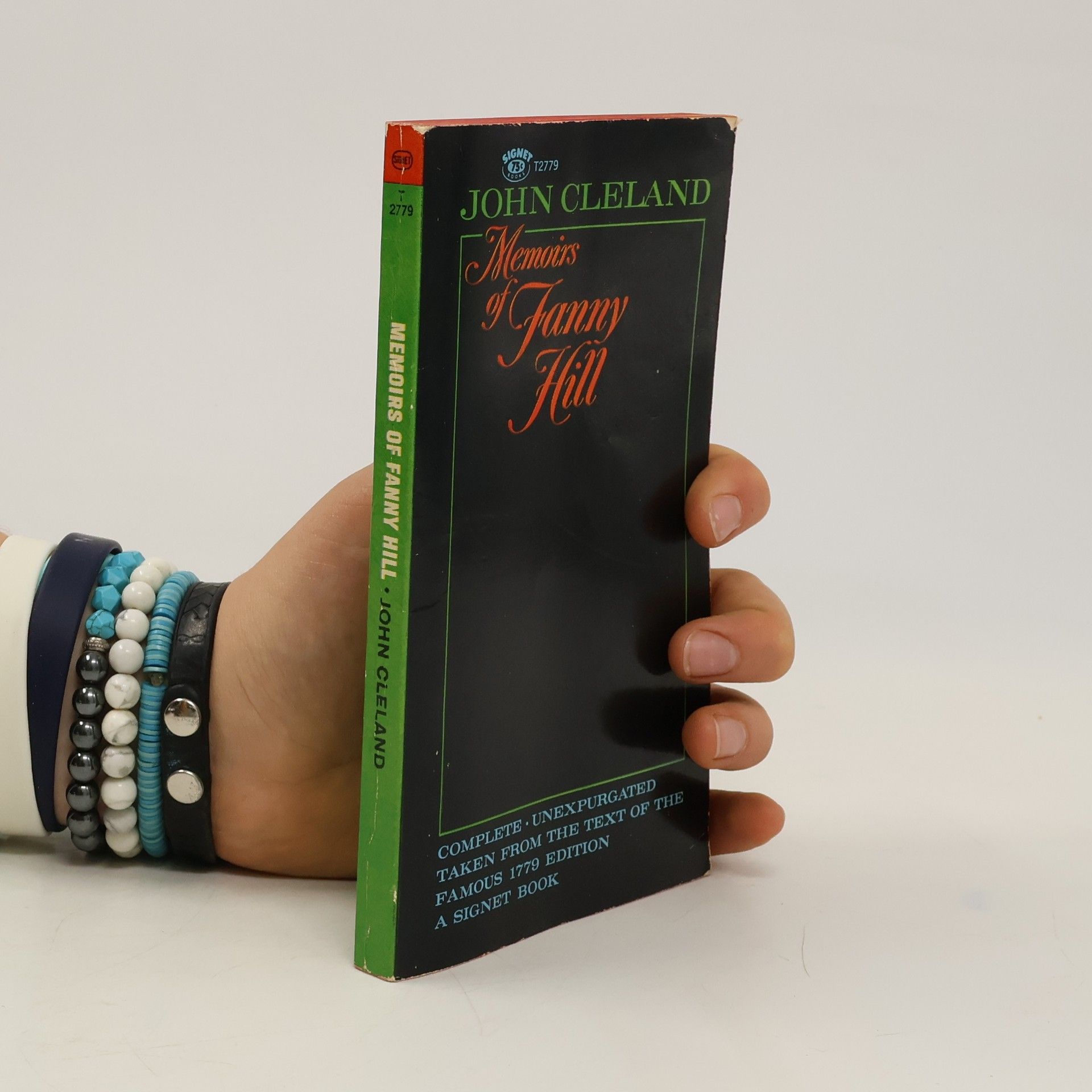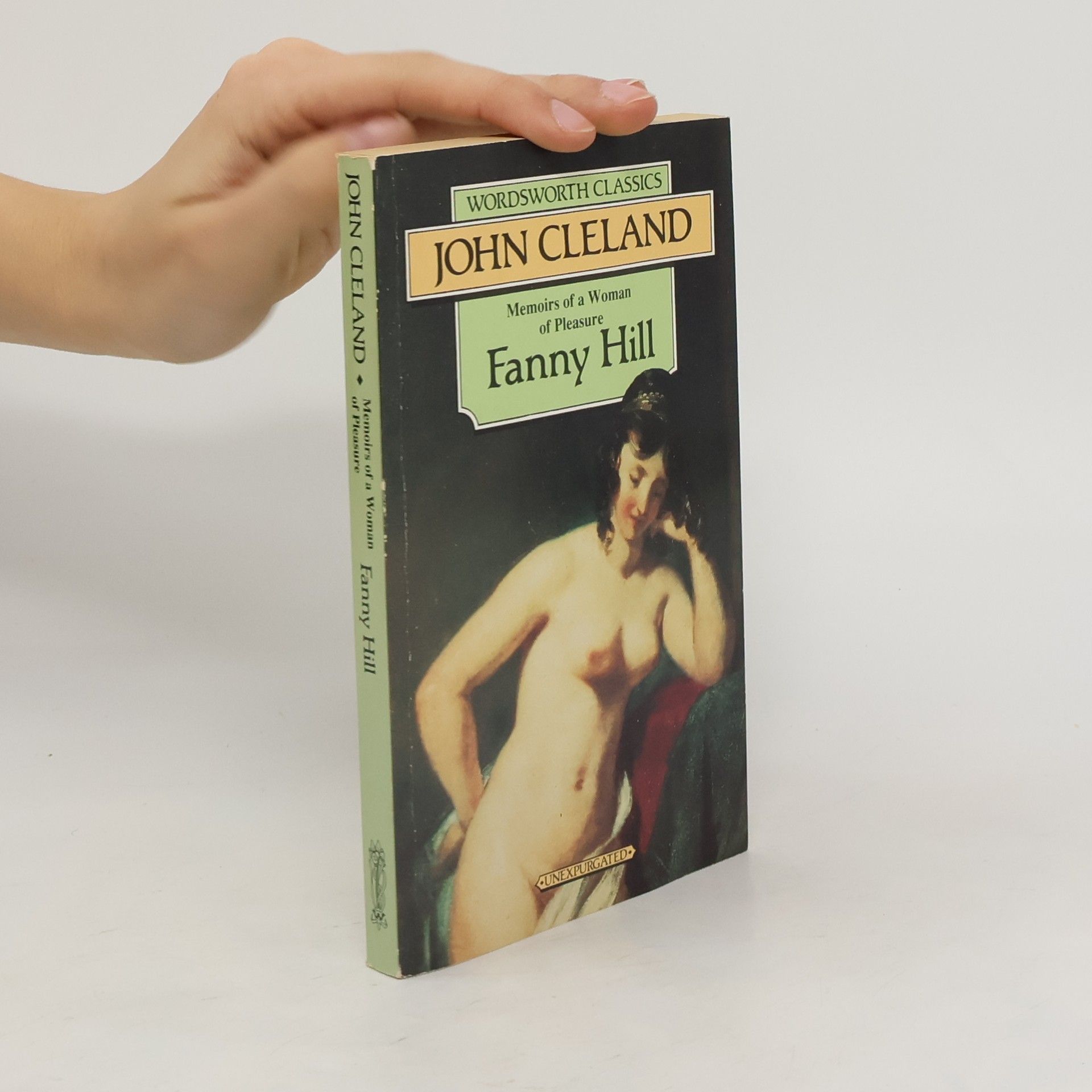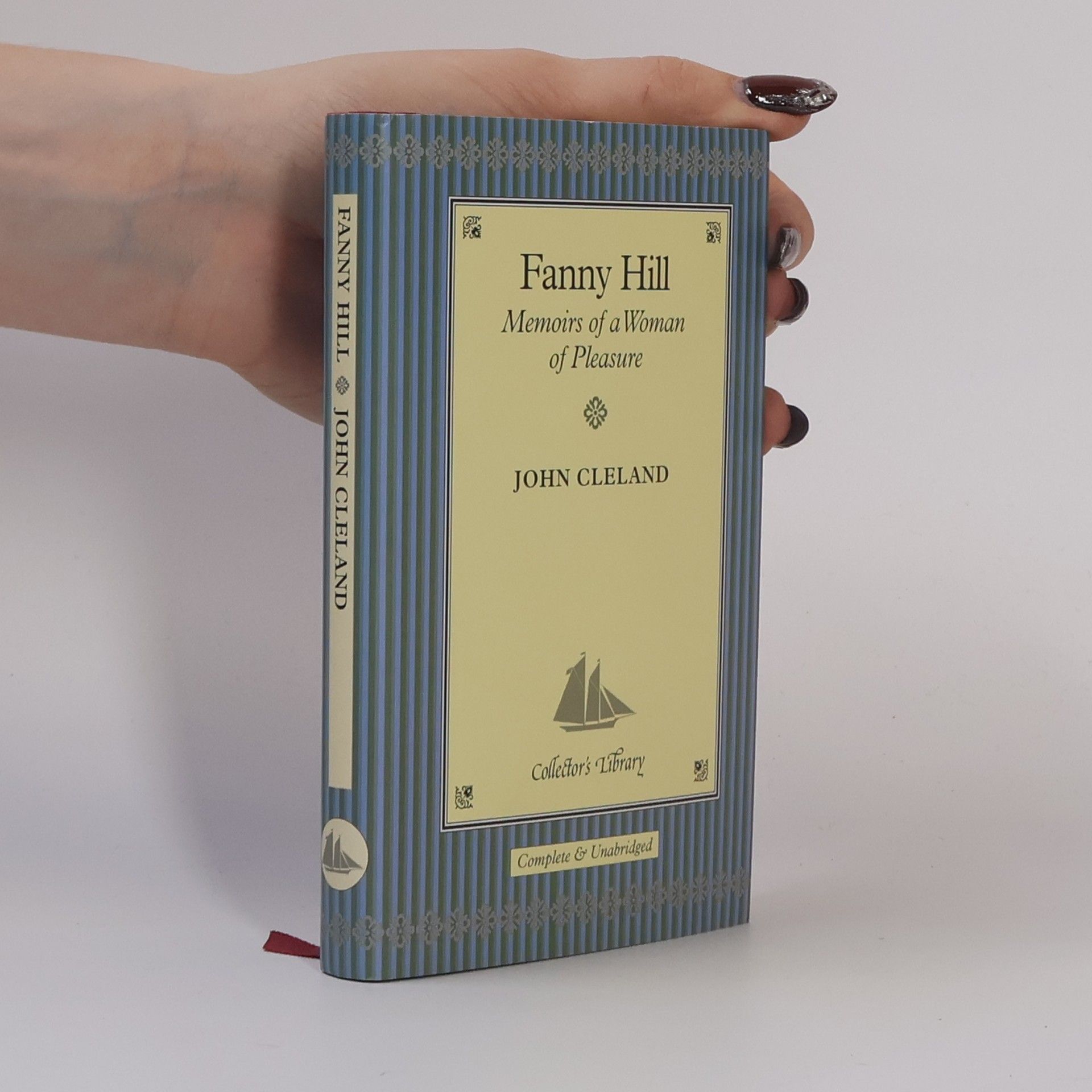Historical. A notorious classic. Fanny Hill's story, as she falls into prostitution and then rises to respectability, takes the form of a confession that is vividly coloured by copious and explicit, physiological details of her carnal adventures. Fanny Hill was first published by Cleland in 1748. The subject of immediate controversy (and an arrest), it lingered through the ages in an expurgated form. This version contains the complete, unexpurgated edition.
John Cleland Books
John Cleland was an English novelist whose work explored the boundaries of censorship and societal norms of his era. His style is often characterized as playful and provocative, as he was unafraid to experiment with language and subject matter. Cleland focused on themes of freedom, sexuality, and social standing, encouraging readers to reflect on conventional notions. His writing offers a fascinating glimpse into the literary and social climate of the 18th century.






"One of the most prosecuted and banned books in history." * * * The classic novel of a young girl's exploration of physical pleasures. Young Fanny Hill is tricked into a life of prostitution, but she quickly learns the power of her own body as she learns the ways of physical passion. She soon escapes her fate for the loving arms of a wealthy young man, but misadventure and fate conspire to keep her from domestic bliss. Instead, Fanny discovers that sex need not be just for love; that it can be had for pleasure. She then sets out to explore those pleasures in as wide a variety as she can. With old men and young, and women as well; in positions of power, and situations where she has none; either watching or participating, Fanny's journey through the realms of sexual pleasure is a literary tour-de-force. Presented with classically bawdy illustrations from fin-de-siecle French artist Paul Avril, and an introduction placing the work in historical context, this complete, unexpurgated edition is the ultimate presentation of the original erotic novel.
Memoirs of a Woman of Pleasure-popularly known as Fanny Hill is an erotic novel which consists of two long letters by Frances "Fanny" Hill, a rich Englishwoman in her middle age, who leads a life of contentment with her loving husband Charles and their children, from Fanny to an unnamed acquaintance, identified only as 'Madam.' Fanny has been prevailed upon by 'Madam' to recount the 'scandalous stages' of her earlier life, which she proceeds to do with 'stark naked truth' as her governing principle. The book exemplifies the use of euphemism. The text has no "dirty words" or explicit scientific terms for body parts, but uses many literary devices to describe genitalia. It is one of the most prosecuted and banned books in history.
Klassiker der erotischen Weltliteratur
Kamasutram - Leitfaden der Erotik. Liebesgeschichten aus Tausendundeiner Nacht. Das Dekameron. Justine. Die Memoiren der Fanny Hill. Erinnerungen. Tolldreiste Geschichten. Venus im Pelz. Lady Chatterley. Amoretti
- 10 volumes
Donatien-Alphonse-François Marquis de Sade (1740-1814) bekam schon als 23jähriger die erste Gefängnisstrafe wegen ungesetzlicher Exzesse. Insgesamt brachte er 27 Jahre seines Lebens in Haft oder in der Irrenanstalt zu. Hier entstanden auch die meisten seiner Romane, in denen die Abgründe der menschlichen Natur in schonungsloser Weise ausgeleuchtet werden. "Justine" bildet dabei so etwas wie einen roten Faden; in immer neuen Versionen weitet de Sade die Geschichte der verfolgten Unschuld zu monströser Breite aus. Unser Text bietet die Erstfassung, entstanden 1787 in der Bastille, unter Verwendung der Übersetzung von Christian Barth. Die Illustrationen - fast ausschließlich Orgiendarstellungen - stammen aus der zehnbändigen sogenannten "Justine III" (1797).
Die Erlebnisse der Fanny Hill
- 239 pages
- 9 hours of reading



